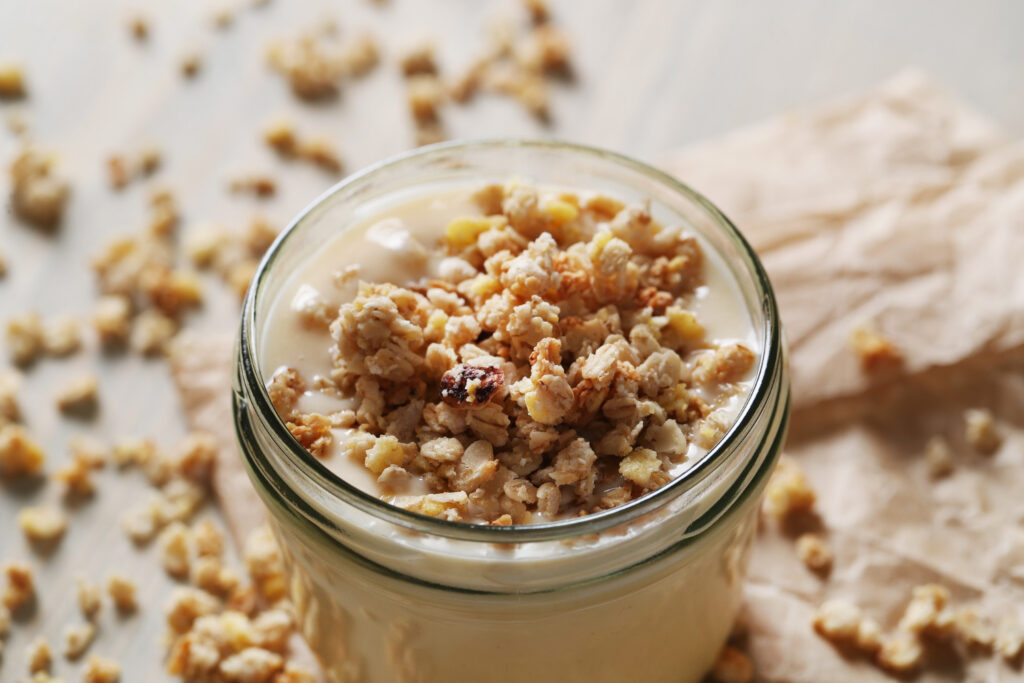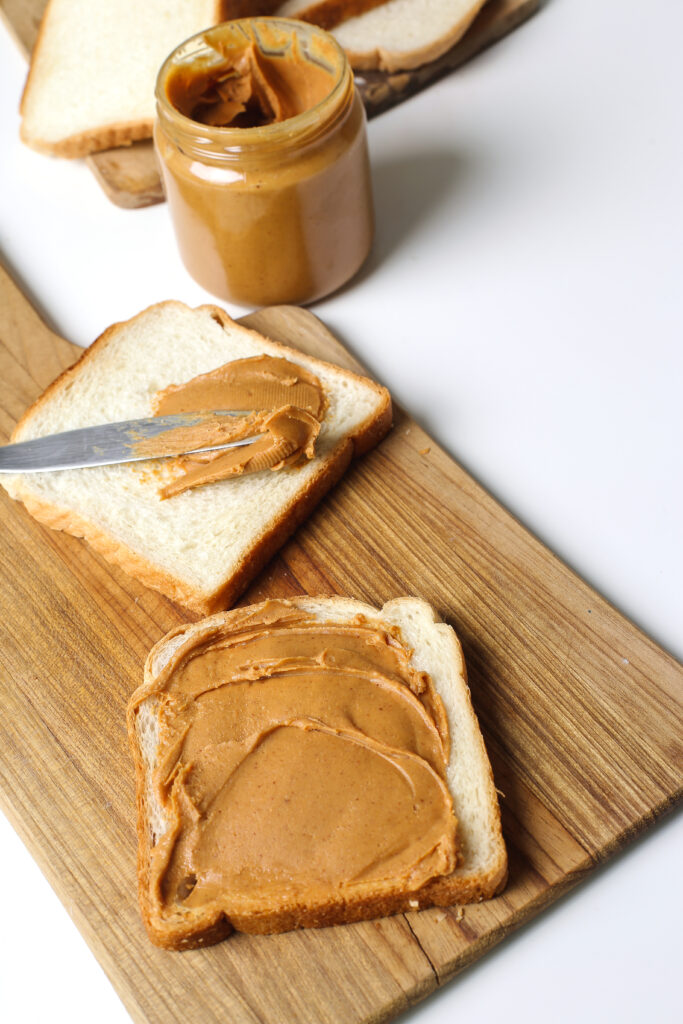You’ve probably wondered about walnut butter — it seems to be popping up in health stores and wellness pantries everywhere. This creamy, nutrient rich spread is a great alternative to old school nut butters like peanut or almond. And, of course, it is not just for our taste buds, but has a rather healthy impact on our well being. What are the 10 reasons you should add walnut butter to your diet?
Nutritional Profile of Walnut Butter
Here’s a breakdown of the nutritional values of walnut butter (per 2 tablespoons or approximately 32 grams):
Calories
- Around 190–210 calories, depending on the brand or preparation.
Macronutrients
- Total Fat: 18–20 grams
- Saturated Fat: 1–2 grams
- Polyunsaturated Fat (Omega-3s): 13 grams
- Monounsaturated Fat: 3–4 grams
- Protein: 4–5 grams
- Carbohydrates: 3–4 grams
- Dietary Fiber: 1–2 grams
- Sugar: 1 gram or less
Vitamins and Minerals
- Vitamin E: ~0.5–1 mg (natural antioxidant for skin and immunity).
- Vitamin B6: ~0.1 mg (supports brain health and energy production).
- Magnesium: 40–50 mg (promotes bone health and reduces muscle cramps).
- Zinc: 0.5–1 mg (boosts immunity and aids healing).
- Calcium: 20–30 mg (supports bone strength).
- Iron: 0.5–1 mg (essential for oxygen transport in blood).
- Phosphorus: 80–100 mg (vital for bones and teeth).
Antioxidants
It is packed with polyphenols, which help reduce oxidative stress and support overall health.
Omega-3 Fatty Acids
One of the standout nutrients in walnut butter is alpha-linolenic acid (ALA), a plant-based omega-3 that supports heart and brain health.
Low Glycemic Index
It has a low glycemic index, making it a great option for maintaining stable blood sugar levels.

Rich in Healthy Fats
It is an excellent source of omega 3 fatty acids that are good for heart and brain health. Additionally, these fats are very famous for lowering of bad cholesterol and increasing good cholesterol.
Packed with Essential Nutrients
Vitamins in Walnut Butter
Rich in vitamin E, it helps protect your cells from damage and keeps your skin glowing.
Minerals and Antioxidants
This superfood is loaded with magnesium, calcium, zinc, and antioxidants like polyphenols, which help fight oxidative stress.
10 Health Benefits of Walnut Butter
1. Supports Heart Health
On another note, it is your heart’s best friend. Omega 3 fatty acids lower blood pressure and reduce inflammation in blood vessels to keep your heart in tip top shape.
2. Boosts Brain Function
You haven’t managed to spot how tiny brains you can see in walnuts. That’s no coincidence. Rich in DHA, an omega 3 fatty acid that helps improve cognitive function and memory, walnut is one of the healthiest nut butters you can find.
3. Promotes Healthy Skin
It has all the antioxidants and vitamin E that also acts as a natural moisturizer and anti-aging.
4. Supports Weight Management
In an effort to control your portions? It is full of fiber and healthy fats, keeps you full longer preventing unnecessary snacking.
5. Improves Digestive Health
It is good for you as it has the fiber content that aids digestion and strengthens the gut microbiome.

6. Reduces Inflammation
There are numerous kinds of health problems caused by chronic inflammation. It contains anti-inflammatory properties that make it an excellent choice for being taken on a long term basis.
7. Strengthens Bones
It is a great source of calcium and phosphorus, which will help build stronger bones and help prevent osteoporosis.
8. Enhances Immune Function
Walnut butter — which is a tablespoon — contains essential mineral zinc to help support your immune system.
9. Balances Blood Sugar Levels
Because it has a low glycemic index and healthy fat content, it protects your blood levels of sugar, a tendency to the risk of diabetes.
10. Improves Mood and Mental Health
Feeling stressed? It contains magnesium and omega 3s, and they help reduce stress and improve mood as an overall.
How to Incorporate it into Your Diet
Spread on Toast or Crackers
It is also possible to replace your normal spreads with this for a healthier one.
Blend into Smoothies
For a creamy texture and a nice boost of nutrients, add dollops of it to your smoothies.
Use in Baking or Cooking
In cookies, muffins and sauces, this is the perfect replacement.
Add to Oatmeal or Yogurt
For a little flavor and nutrition add a spoonful of it to your oatmeal or yogurt.
Precautions and Considerations
Allergy Concerns
While it’s common to be allergic to walnuts, it’s essential to check first before plunging into it.
Calorie Density and Portion Sizes
this butter is healthy, but calorie dense, so moderation is needed.

Conclusion
When it comes to your heart and brain health, it is a nutrient powerhouse offering many health benefits. This superfood can add to your diet in some delicious ways whether you spread it, blend it or bake with it. If we can turn waste into something so valuable, why not? Let’s grab a jar today and enjoy the goodness.
FAQs
- Why is walnut butter healthier than other nut butters?
Walnut butter is rich in omega-3 fatty acids and antioxidants, which set it apart from other nut butters. - Can walnut butter help with weight loss?
Yes, the healthy fats and fiber in walnut butter promote satiety, helping you eat less. - Is walnut butter safe for children?
As long as they’re not allergic, walnut butter can be a nutritious snack for kids. - How should I store walnut butter?
Store it in a cool, dry place or refrigerate after opening to maintain freshness. - Can I make walnut butter at home? Absolutely! Blend roasted walnuts in a food processor until smooth, and enjoy your homemade walnut butter.
contact us if you have any queries.





